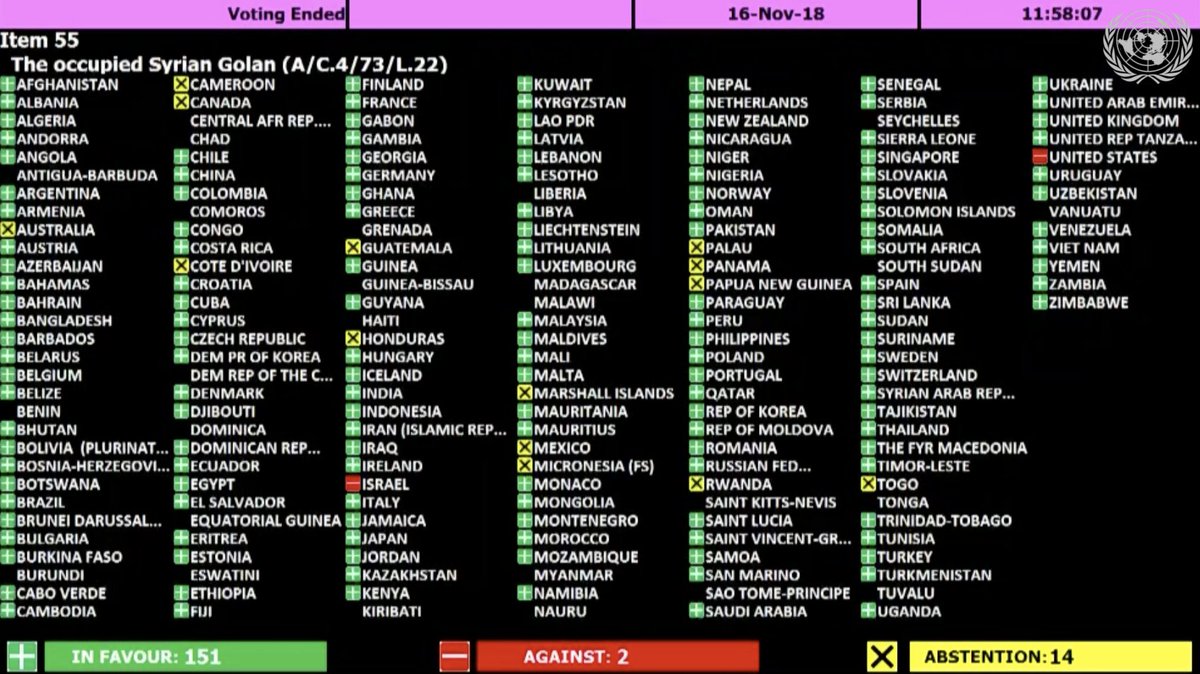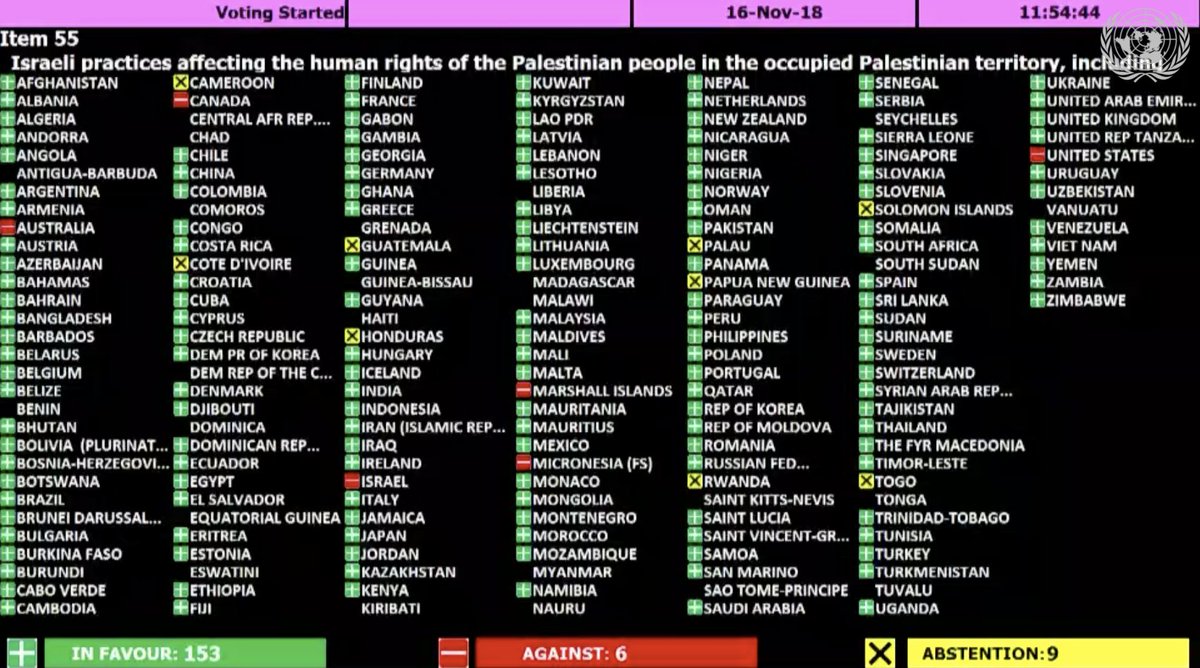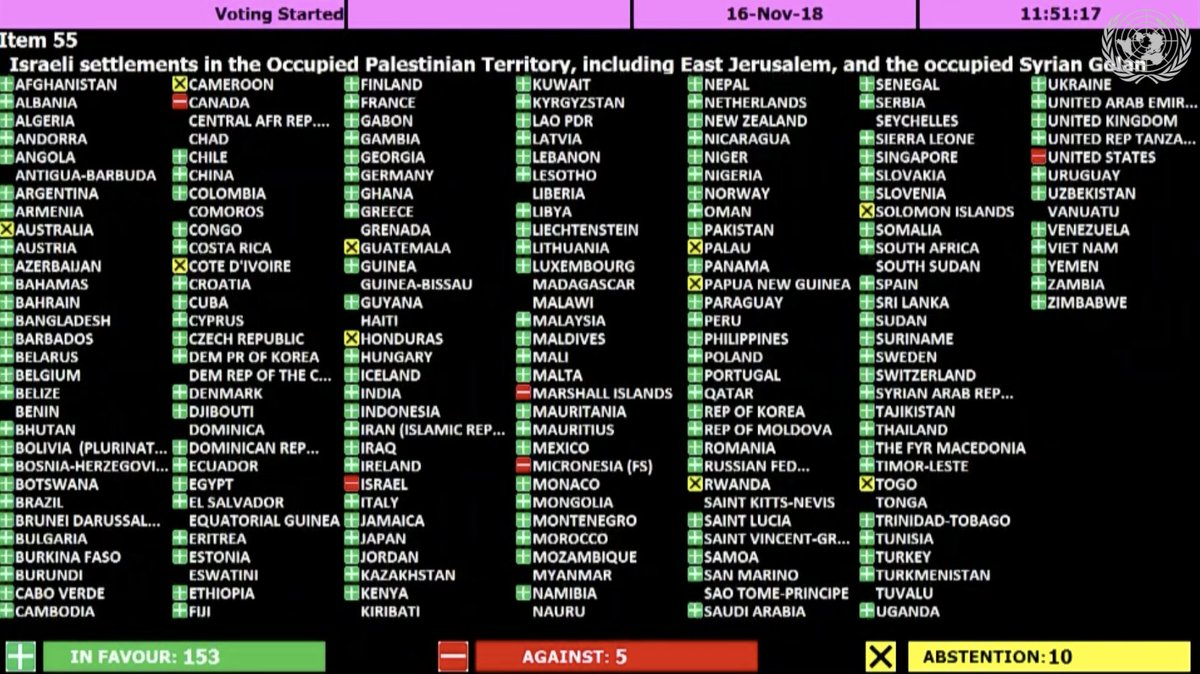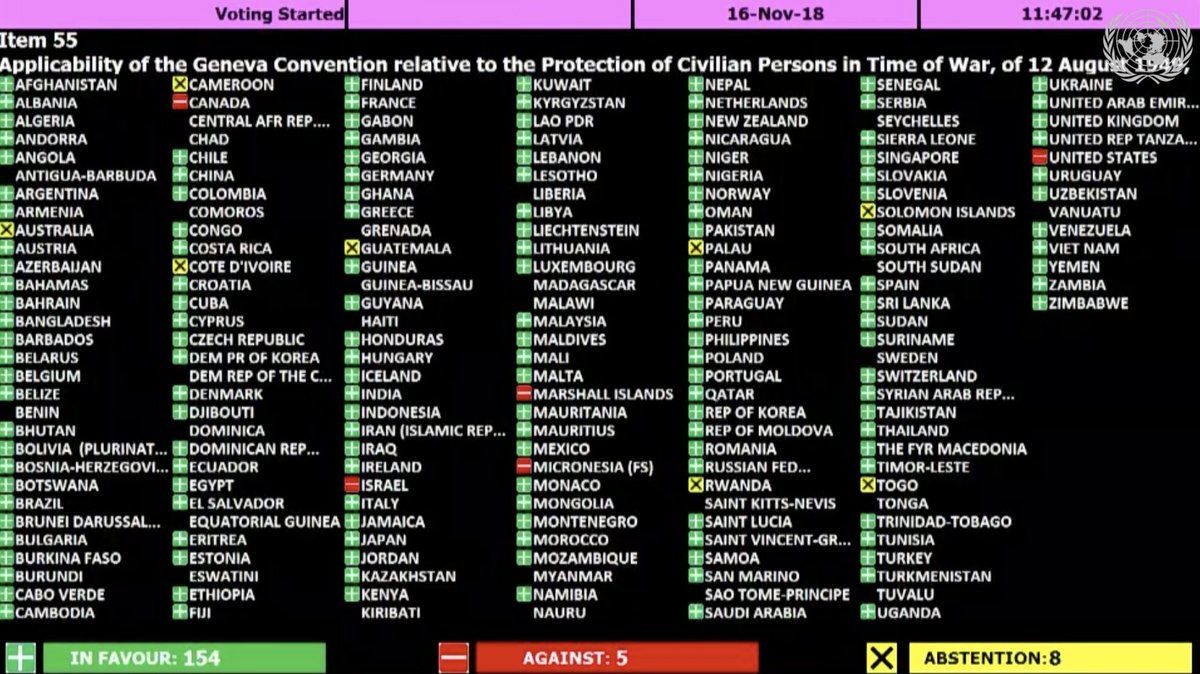The Almanack of Naval Ravikant is a collection of Naval wisdom and experience from the last ten years.

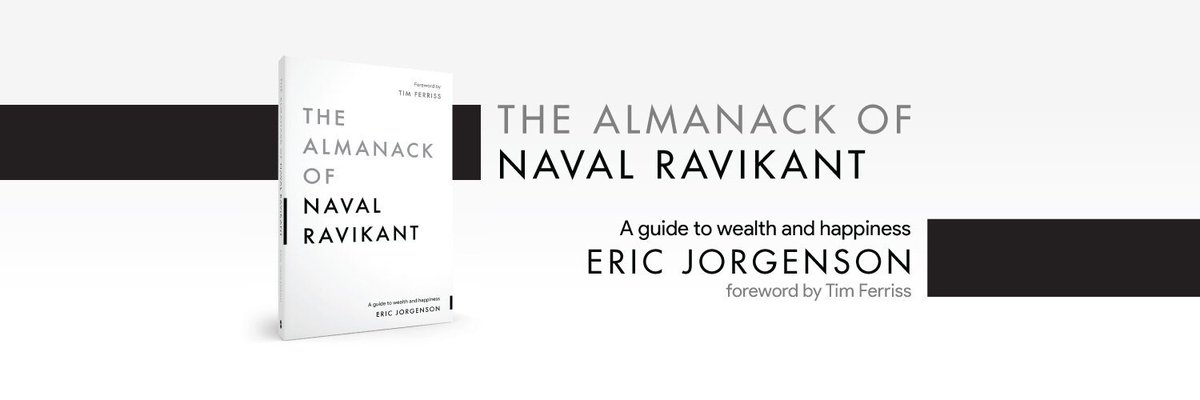

How to Get Rich (without getting lucky):
— Naval (@naval) May 31, 2018
Judgement requires experience, but can be built faster by learning foundational skills.
— Naval (@naval) May 31, 2018
Arm yourself with specific knowledge, accountability, and leverage.
— Naval (@naval) May 31, 2018
A happy person isn\u2019t someone who\u2019s happy all the time.
— Naval (@naval) December 3, 2019
It\u2019s someone who effortlessly interprets events in such a way that they don\u2019t lose their innate peace.
The Almanack of @naval Ravikant
— Wealth Director (@wealth_director) February 21, 2021
"A Guide to wealth and Happiness"
=A THREAD BY WD= pic.twitter.com/wXCIdla4q7
As a dean of a major academic institution, I could not have said this. But I will now. Requiring such statements in applications for appointments and promotions is an affront to academic freedom, and diminishes the true value of diversity, equity of inclusion by trivializing it. https://t.co/NfcI5VLODi
— Jeffrey Flier (@jflier) November 10, 2018
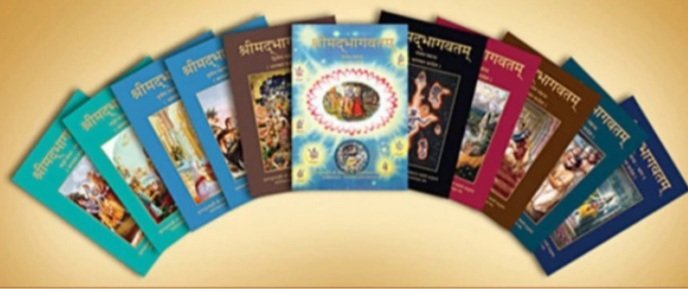
HOW LIFE EVOLVED IN THIS UNIVERSE AS PER OUR SCRIPTURES.
— Anshul Pandey (@Anshulspiritual) August 29, 2020
Well maximum of Living being are the Vansaj of Rishi Kashyap. I have tried to give stories from different-different Puran. So lets start.... pic.twitter.com/MrrTS4xORk
Thread on NARK(HELL) / \u0928\u0930\u094d\u0915
— Anshul Pandey (@Anshulspiritual) August 11, 2020
Well today i will take you to a journey where nobody wants to go i.e Nark. Hence beware of doing Adharma/Evil things. There are various mentions in Puranas about Nark, But my Thread is only as per Bhagwat puran(SS attached in below Thread)
1/8 pic.twitter.com/raHYWtB53Q
#THREAD
— Anshul Pandey (@Anshulspiritual) August 12, 2020
WHY PARENTS CHOOSE RELIGIOUS OR PARAMATMA'S NAMES FOR THEIR CHILDREN AND WHICH ARE THE EASIEST WAY TO WASH AWAY YOUR SINS.
Yesterday I had described the types of Naraka's and the Sin or Adharma for a person to be there.
1/8 pic.twitter.com/XjPB2hfnUC
